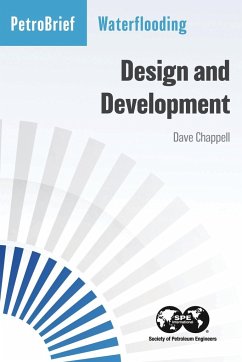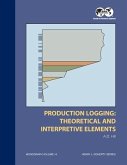There are many moving parts in a waterflood, and, while the vast majority of waterfloods are successful, success is not guaranteed. Most early waterfloods were primarily seen as a means to arrest the pressure decline experienced under depletion so that the producers could maintain economic rates. However, the process has moved on from those modest aspirations, and projects now aim to maximize recovery. Because waterflood relies on the injected water displacing oil from the reservoir, the injected water must come into contact with as much of the reservoir rock as possible if good recoveries are to be achieved. As a result of geological complexities, this condition will not automatically be met, so a high degree of focus must be placed on the project design so that the factors that would otherwise reduce flood efficiency can be properly managed and mitigated. This book looks in some detail at the factors that can contribute to poor waterflood performance and considers how they can be properly managed.
Hinweis: Dieser Artikel kann nur an eine deutsche Lieferadresse ausgeliefert werden.
Hinweis: Dieser Artikel kann nur an eine deutsche Lieferadresse ausgeliefert werden.








